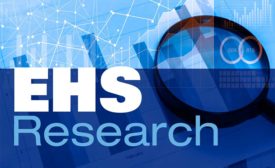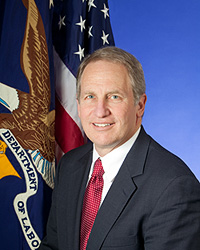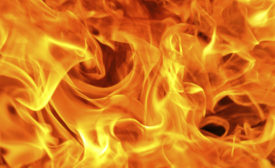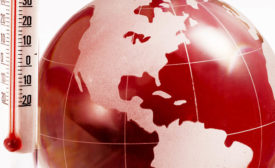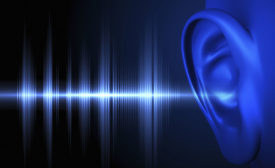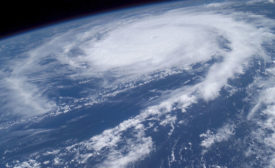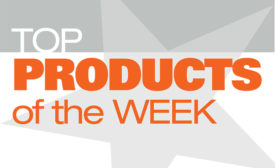Environmental Health and Safety
A NIOSH Science Blog post
Blog series to highlight musculoskeletal health research at NIOSH
November 2, 2017
A NIOSH Science Blog post
National Protect Your Hearing Month – Time to fill the “know-do” gap
A variety of NIOSH blogs spread the word about hearing loss prevention
October 30, 2017
EPA reg helped reduce arsenic in U.S. drinking water
Study shows federal government plays critical role in protecting human health
October 27, 2017
Become a Leader in Safety Culture
Build your knowledge with ISHN, covering key safety, health and industrial hygiene news, products, and trends.
JOIN TODAYCopyright ©2025. All Rights Reserved BNP Media.
Design, CMS, Hosting & Web Development :: ePublishing
